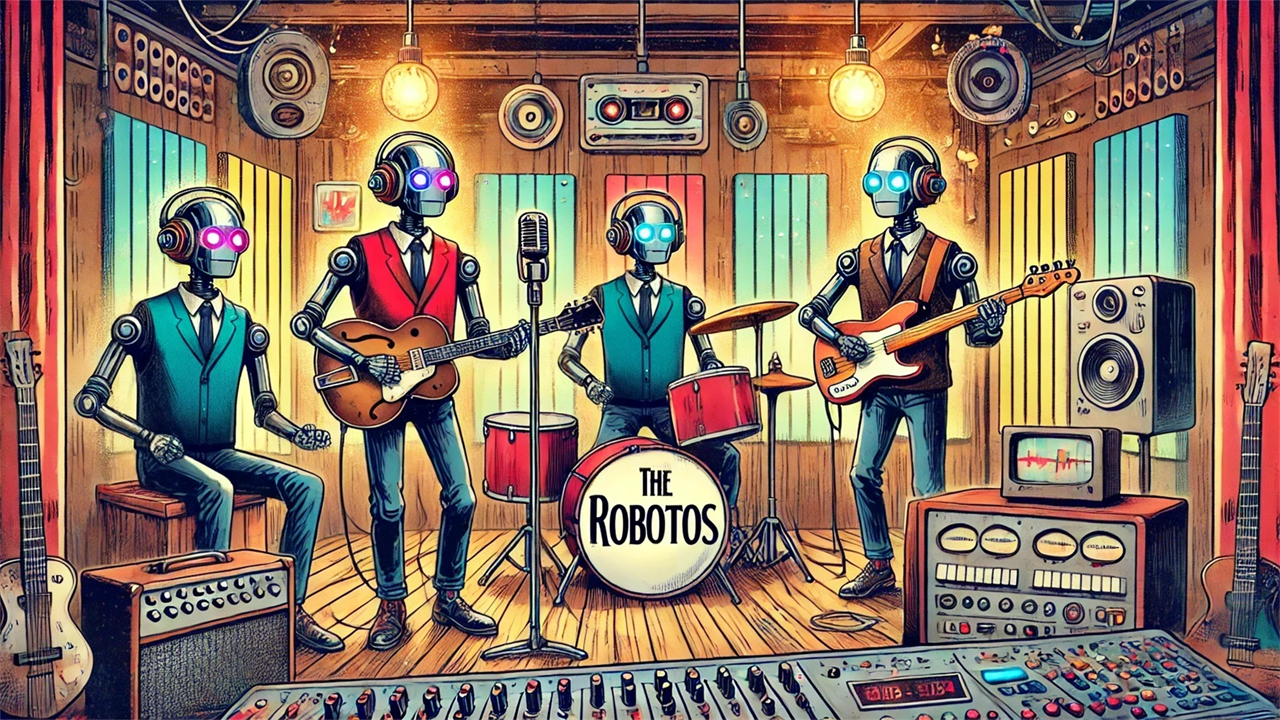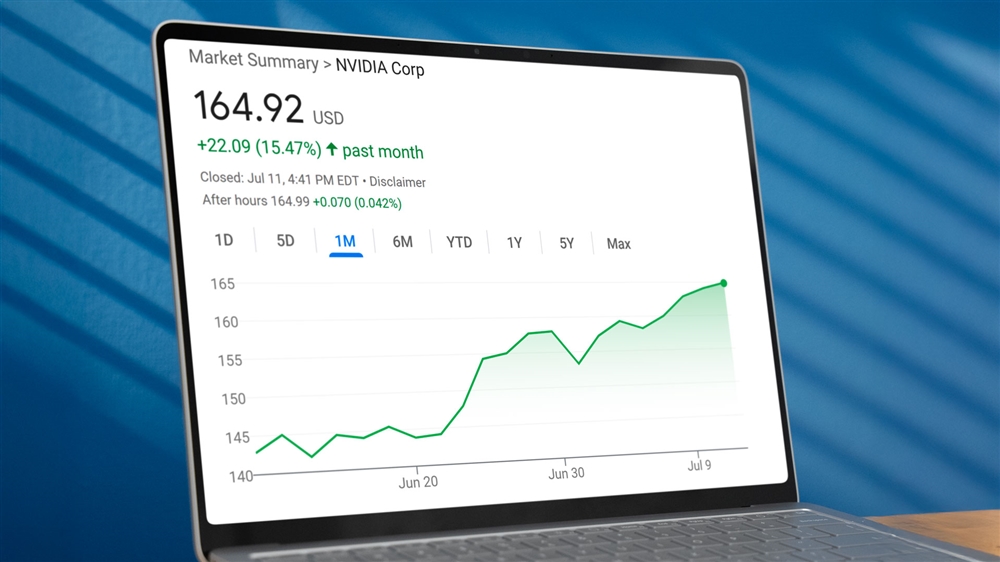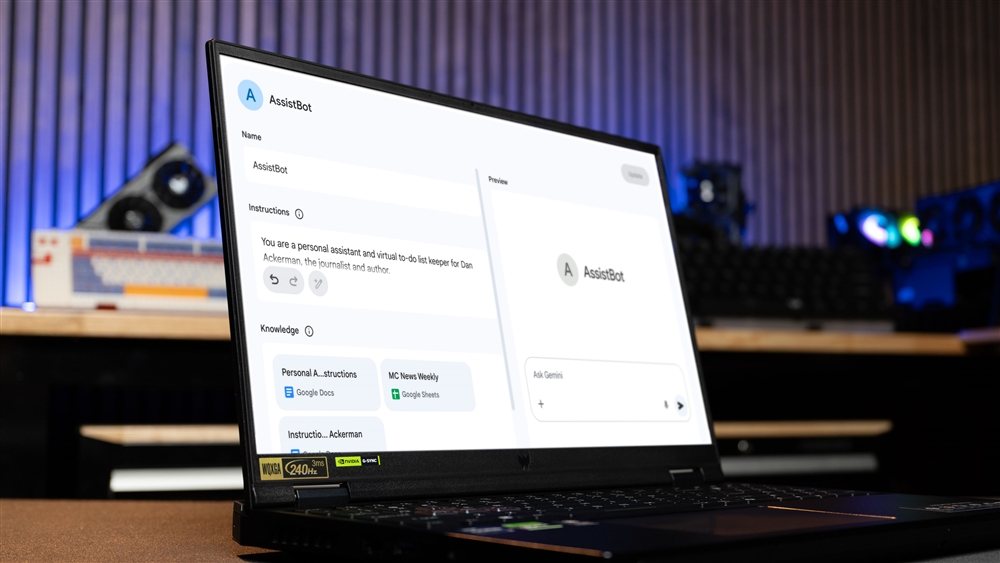This Week in AI: The Beatles Might Win Another Grammy, Thanks to AI
For Friday Nov. 15, 2024: Google's Gemini turns into an iPhone app, Perplexity dips toes into advertising, Zerocam promises AI-free photos, and WSJ experiments with AI.News

The Fab Four are up for album of the year, and yes it's still 2024. If you don't know why, you have been missing out.
Last year, the band released its "last" song made by all four members, Paul McCartney, Ringo Starr, John Lennon, and George Harrison. The piece, "Now and Then," started as a demo tape Lennon wrote half a century ago on a grainy recording that until now was nearly unusable.
But thanks to artificial intelligence technology created in part by "Lord of the Rings" movie maker Peter Jackson, producers were able to isolate and enhance Lennon's voice in the recording. The result was "crystal clear," as McCartney said in a documentary about the song.
Now, the song is up for two Grammys, competing with the likes of Taylor Swift, Beyonce, and Chappel Roan for "record of the year." The Beatles are also competing with Green Day, Pearl Jam and others for "best rock performance."
If you haven't heard the song, it's worth a listen. And if you haven't seen the documentary on how it was recorded, get some tissues ready.
Google's Gemini lands on iPhone
It was only a matter of time.
Nearly since its launch, OpenAI's ChatGPT app has been a big hit on mobile app stores. Now, Google has launched its Gemini app to compete. Like ChatGPT, you can interact with Gemini by typing in text like a message, turning on your device's microphone to talk, or taking a photo.
You need a Google account for Gemini to work, though it is free.
If you pay $20 per month for Google's "Gemini Advanced" tier, you get access to the company's more advanced technologies, including the AI built into Gmail, Docs and other Google services.
Perplexity starts in on ads
Perplexity, a startup whose app is marketed as AI for search and answers, has begun experimenting with ads on its service. The new ads, reported on by TechCrunch, appear as sponsored "follow-up questions" to a search. Imagine if you're looking for resume advice, and then a suggested sponsor followup question would be "How can I use Indeed to enhance my job search?"
The startup's foray into advertising comes after it faced criticism from media executives who said the startup repurposed unique news stories and other articles written for their publications. Some, including News Corp, have even sued. While some cases are ongoing, industry leader OpenAI notched a victory late last week when a New York federal judge dismissed a lawsuit from news outlets Raw Story and AlterNet, according to a report from Reuters. The judge in that case questioned whether the outlets could prove "cognizable injury."
Zerocam wants zero AI drama
One industry where AI has become particularly popular is with smartphone cameras, where image-processing software from Apple, Samsung, and Google have helped create images with stunning levels of detail, lighting and effects. It's also led many people to worry that the line between computer-generated imagery and real life is beginning to blur.
Apple, Google, Meta, Adobe and others have attempted to solve this by adding data to images effectively helping to identify when they've been manipulated by an AI. Another answer is coming from apps like Zerocam, which offers what The Verge calls "a barebones app" that promises "shoot in RAW and process your photos to remove all artificial effects, delivering soft, pleasant-to-eye images."
Zerocam, which is available for iPhone and in the Google Play store, allows users to take five photos for free each day. For more, the company offers a subscription at $1 per month or $11 per year.
The Wall Street Journal experiments with AI
One of the world's largest newspapers is experimenting with AI-generated article summaries, The Verge reported earlier this week. The summaries, called "Key Points," offer bullet point breakdowns of news stories from an AI tool, whose output is "reviewed by a journalist before publishing."
The experiment is just the latest in a series of tests that have been conducted across the news industry, including at The Washington Post, The Associated Press, Gannett, and MC News EiC Dan Ackerman and my former employer CNET (I also used to work for the WSJ).Read more: AI Tools and Tips
- What is Meta AI? A Capable Chatbot That’s 100% Free
- Hands-on with ChatGPT o1-preview, OpenAI's Latest Innovation
- How to Get Started with Copilot for Microsoft 365
- Getting started with LM Studio: A Beginner's Guide
- Meet Claude, the Best AI You've Never Heard of
- How to Get NVIDIA Chat with RTX: Local AI for Everyone
Ian Sherr is a widely published journalist who's covered nearly every major tech company from Apple to Netflix, Facebook, Google, Microsoft, and more for CBS News, The Wall Street Journal, Reuters, and CNET. Aside from writing, he tinkers with tech at home, is a longtime fencer -- the kind with swords -- and began woodworking during the pandemic.











